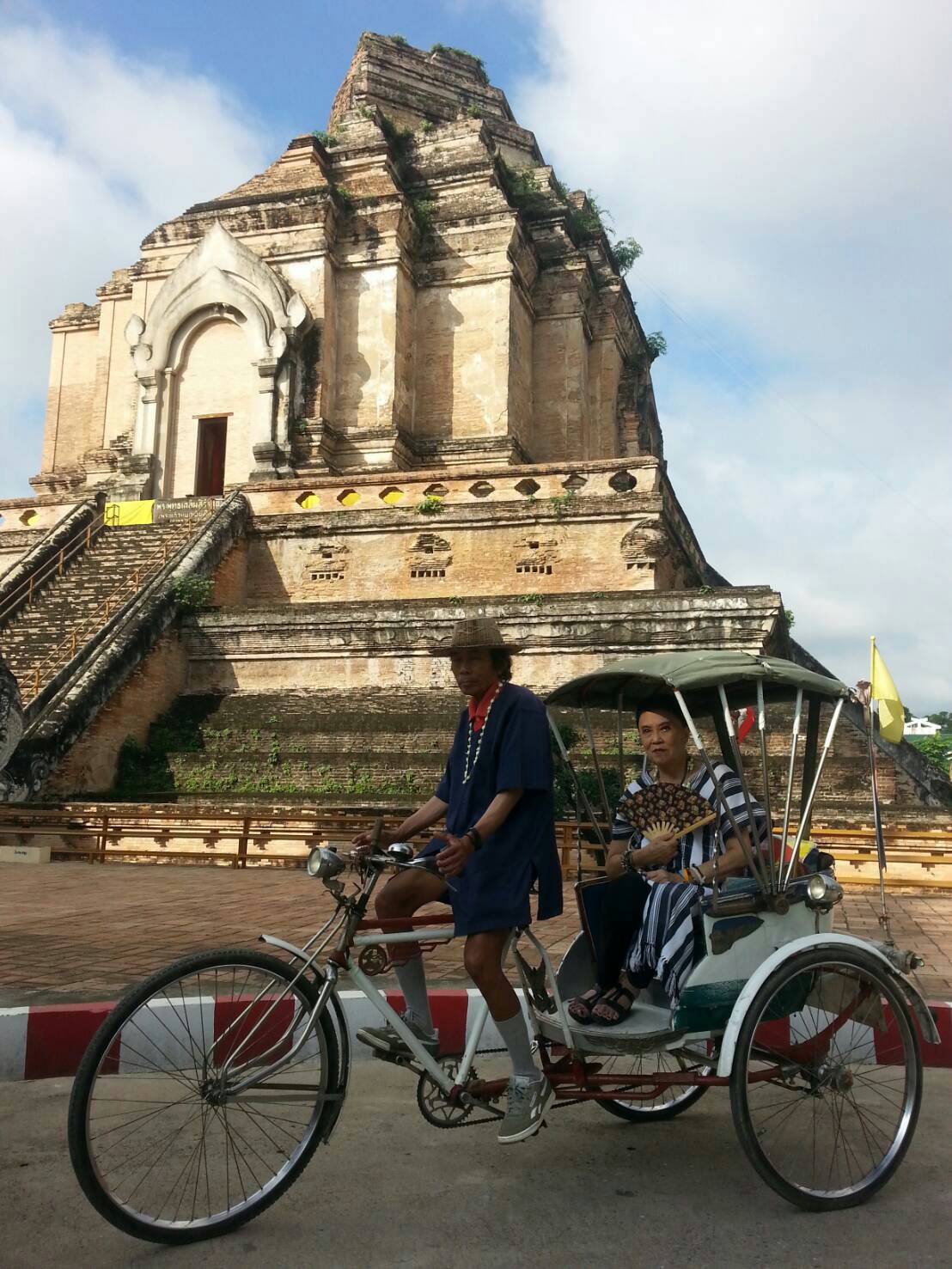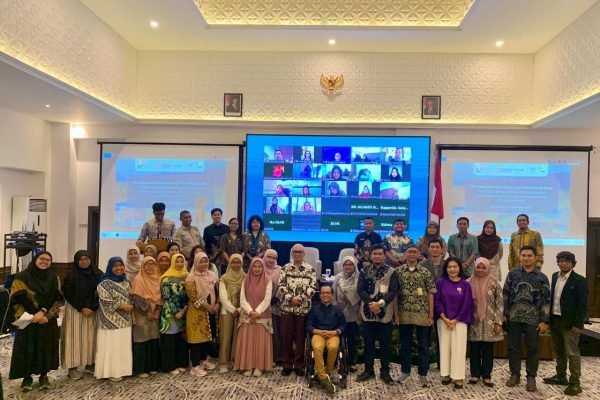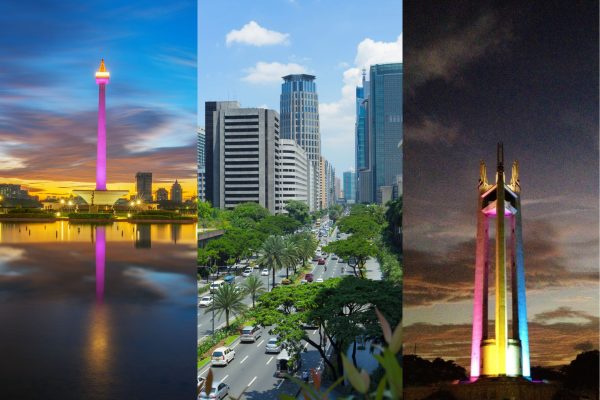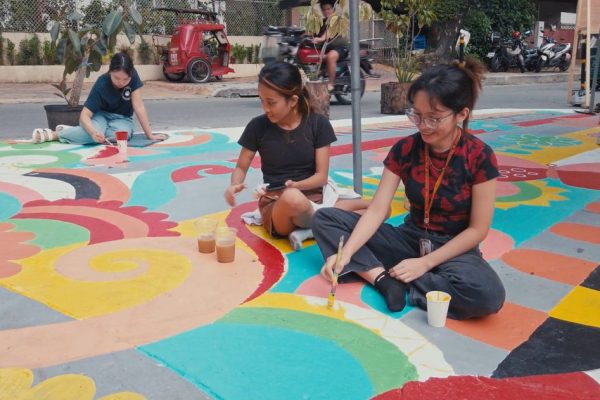Connective Cities, an international organization for sustainable urban development, organized a Local Planning Workshop on Low Carbon Mobility Planning in Chiang Mai, Thailand last July 12-14.
The event’s overall goal is to support the city’s planning of low carbon mobility infrastructure as well as to design an action plan drawing from the experience and learnings of model German cities. Mining good practices and success stories, the workshop aimed to identify strategies which could be readily applied to Chiang Mai’s geographical context.
Chiang Mai is a regional center located in the northern part of Thailand and has approximately one million inhabitants. The current traffic situation in the city constantly deals with heightened levels of traffic congestion and lack of adequate public transport infrastructure. Congestion and pollution cause more GHG emissions and the local government is keen on applying Low Carbon Mobility Planning (LCMP) in the ongoing spatial planning process for Chiang Mai.
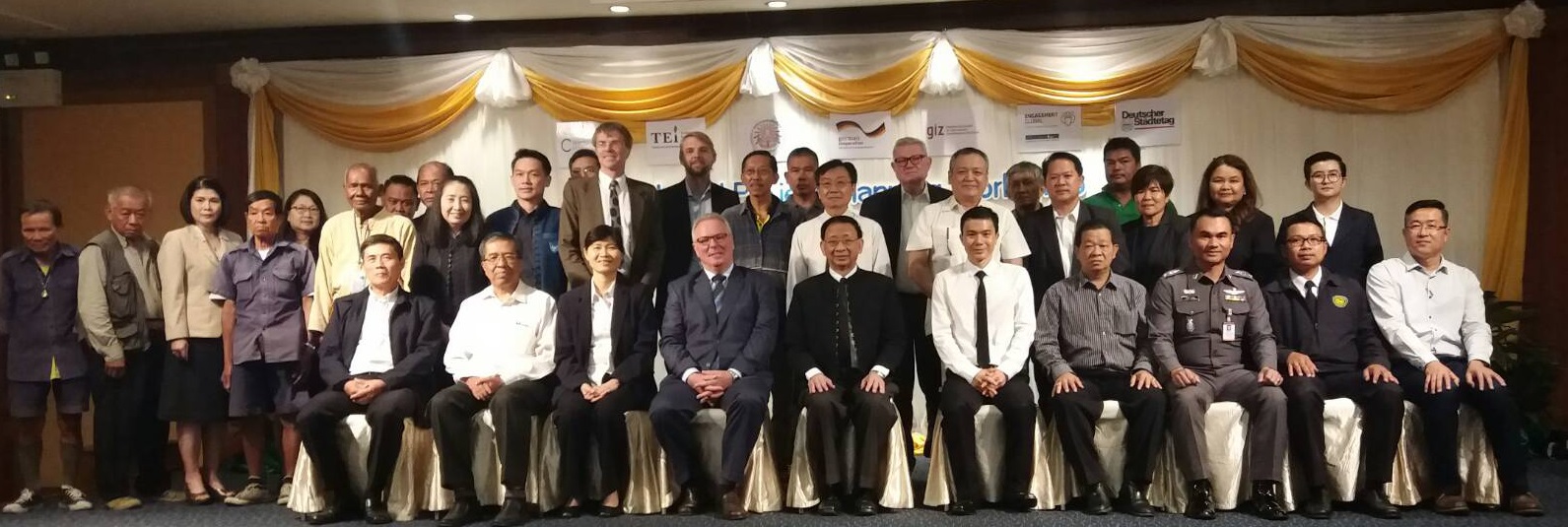
Participants of the Low Carbon Mobility Planning in Chiang Mai, Thailand held last July 12-14.
Participants to the workshop include representatives of German cities who talked about their experiences in low carbon mobility planning. Chiang Mai, on the other hand, was represented by a diverse group of stakeholders coming from the local government, cavity society, academia, and others.
The workshop was divided into three sessions:
1. The first session facilitated knowledge-sharing from Germany participants. They discussed good practices such as e-mobility, non-motorised transport, improved walkability, and an array of applied solutions, success factors, and their outcomes.
2. In the second part, the plenary analyzed Chiang Mai’s specific local conditions and identified real problems happening in the city. The analysis drew from the local participants’ inputs on the city’s spatial, environmental, social, and economic challenges. After this, a peer-to-peer discussion was carried out to diagnose and propose potential solutions to the identified problems.
3. The last step enabled the participants to design a set of recommendations highlighting specific aspects of low carbon mobility which could be integrated into the ongoing planning process of Chiang Mai.
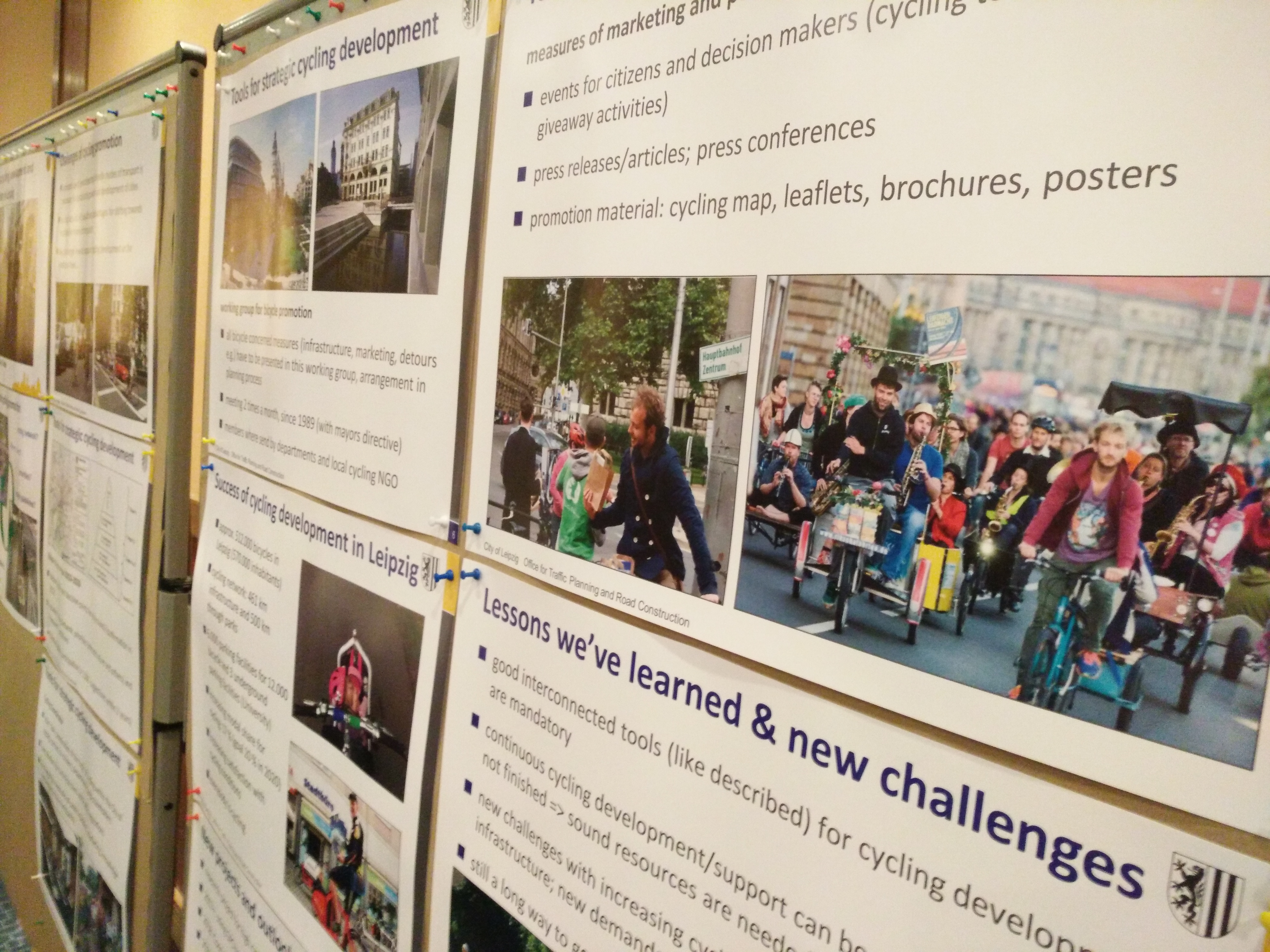
The workshop facilitated knowledge sharing among participants.
Subjects taken up during the workshop are as follows: restructuring of public transport towards an intelligent E-bus transport system, improvement and promotion of non-motorised transport (NMT) infrastructure, design of shared-use mobility systems, and planning, financing and management of sustainable urban mobility.
In 2014, ICLEI SEAS and Climate and Development Knowledge Network (CDKN) developed a case study on Chiang Mai’s initiatives towards sustainable tourism.

